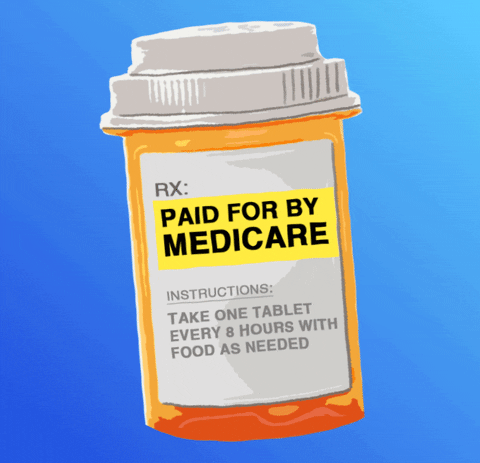- The Supper
- Posts
- Planned Parenthood in DC and Colorado Drops Medicaid Amid Legal Fight
Planned Parenthood in DC and Colorado Drops Medicaid Amid Legal Fight
GOP’s 2025 Tax Bill Sparks “Backdoor Abortion Ban” Controversy

Planned Parenthood affiliates in Washington, D.C., and Colorado stopped accepting Medicaid due to a new GOP tax-and-spending bill signed July 4, 2025.
A federal lawsuit filed July 7 challenges the bill’s defunding provision, with a court temporarily restoring Medicaid funding for two weeks.
Advocates call it a “backdoor abortion ban,” warning of clinic closures and reduced healthcare access for low-income patients.
Planned Parenthood affiliates in Washington, D.C., and Colorado halted Medicaid services after a Republican-led tax bill, signed by President Trump on July 4, 2025, barred funding for providers offering abortions and receiving over $800,000 in Medicaid funds in 2023. The move affects thousands of low-income patients who rely on Planned Parenthood for services like cancer screenings and contraception. On July 7, Planned Parenthood filed a federal lawsuit, arguing the provision violates constitutional rights.
A Massachusetts judge issued a 14-day injunction, allowing Medicaid reimbursements to resume temporarily. Some affiliates, like Planned Parenthood of Florida, reinstated services, but others remain cautious amid legal uncertainty. Reproductive rights advocates, including CEO Alexis McGill Johnson, warn that nearly 200 of Planned Parenthood’s 600 clinics could close, impacting over 1 million Medicaid patients annually. Critics call the measure a “backdoor abortion ban” aimed at limiting abortion access, while supporters, like Susan B.
Anthony Pro-Life America, praise it as a win against taxpayer-funded abortion providers. The debate, amplified by a June 2025 Supreme Court ruling allowing states to defund Planned Parenthood, highlights tensions over healthcare access. The lawsuit’s outcome, with further hearings set for July 21, could shape the future of reproductive care for millions.
Reply